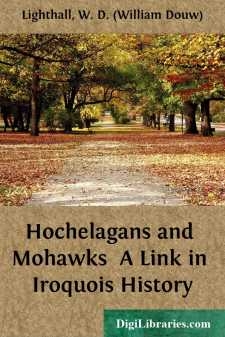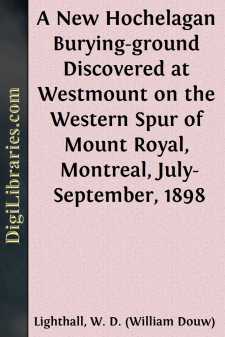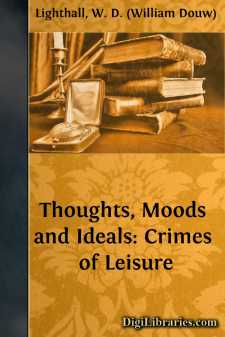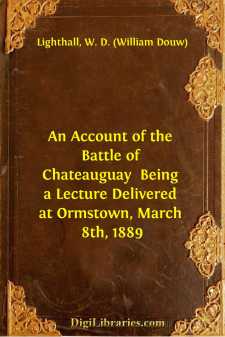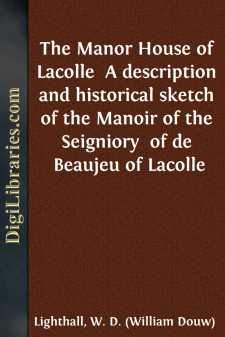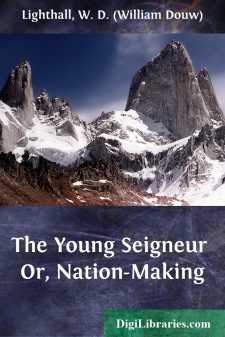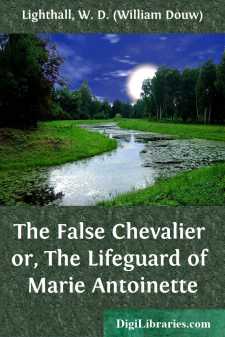Categories
- Antiques & Collectibles 13
- Architecture 36
- Art 48
- Bibles 22
- Biography & Autobiography 813
- Body, Mind & Spirit 142
- Business & Economics 28
- Children's Books 17
- Children's Fiction 14
- Computers 4
- Cooking 94
- Crafts & Hobbies 4
- Drama 346
- Education 46
- Family & Relationships 57
- Fiction 11829
- Games 19
- Gardening 17
- Health & Fitness 34
- History 1377
- House & Home 1
- Humor 147
- Juvenile Fiction 1873
- Juvenile Nonfiction 202
- Language Arts & Disciplines 88
- Law 16
- Literary Collections 686
- Literary Criticism 179
- Mathematics 13
- Medical 41
- Music 40
- Nature 179
- Non-Classifiable 1768
- Performing Arts 7
- Periodicals 1453
- Philosophy 64
- Photography 2
- Poetry 896
- Political Science 203
- Psychology 42
- Reference 154
- Religion 513
- Science 126
- Self-Help 84
- Social Science 81
- Sports & Recreation 34
- Study Aids 3
- Technology & Engineering 59
- Transportation 23
- Travel 463
- True Crime 29
W. D. (William Douw) Lighthall
William Douw Lighthall was a Canadian lawyer, author, and poet born on December 27, 1857, in Hamilton, Ontario. He is known for his contributions to Canadian literature, particularly through his poetry and his efforts to promote Canadian culture and history. Lighthall was also involved in municipal politics and served as the mayor of Westmount, Quebec, from 1900 to 1903.
Author's Books:
Sort by:
Hochelagans and Mohawks; A Link in Iroquois History. By W. D. Lighthall, M.A., F.R.S.L. (Presented by John Reade and read May 26, 1899.) The exact origin and first history of the race whose energy so stunted the growth of early Canada and made the cause of France in America impossible, have long been wrapped in mystery. In the days of the first white settlements the Iroquois are found leagued as the...
more...
A NEW HOCHELAGAN BURYING-GROUND BY W.D. LIGHTHALL The above title is provisional as respects the term "Hochelagan." All those who are interested in the Indians of old Hochelaga, or in the Mohawks with whom they seem to have had a close and not yet fully ascertained race relationship, will be pleased to learn of the discovery of a prehistoric burying-ground which is probably one of their race,...
more...
THE CONFUSED DAWN. YOUNG MAN What are the Vision and the CryThat haunt the new Canadian soul? Dim grandeur spreads we know not whyO'er mountain, forest, tree and knoll, And murmurs indistinctly fly.— Some magic moment sure is nigh.O Seer, the curtain roll! SEERThe Vision, mortal, it is this— Dead mountain, forest, knoll and treeAwaken all endued with bliss, A native land—O...
more...
THE BATTLE OF CHATEAUGUAY. The War of 1812 has been called by an able historian "the afterclap of the Revolution." The Revolution was, indeed, true thunder—a courageous and, in the main, high-principled struggle. Its afterclap of 1812 displayed little but empty bombast and greed. In the one, brave leaders risked their lives in that defence of rights which has made their enterprise an epoch...
more...
THE MANOR HOUSE OF LACOLLE. BY W.D. LIGHTHALL, K.C. The Manor House of the Seigniory of Lacolle or De Beaujeu is situated in a retired neighborhood, on the New York State border-line about four miles south-west of Lacolle Village, and one mile north of the village of Champlain, N.Y. and about forty miles from Montreal. The highway from Lacolle to Champlain runs through the property. The traveller from...
more...
CHAPTER I. THE MANOIR OF DORMILLIÈRE. In the year One Thousand Eight Hundred and Seventy odd, about six yearsafter the confederation of the Provinces into the Dominion of Canada, anOntarian went down into Quebec,—an event then almost as rare as aQuebecker entering Ontario. "It's a queer old Province, and romantic to me," said the Montrealer with whom old Mr. Chrysler (the Ontarian) fell...
more...
THE FUR-TRADER'S SON The son of the merchant Lecour was a handsome youth, and there was great joy in the family at his coming home to St. Elphège. For he was going to France on the morrow; it was with that object that his father had sent to town for him—the little walled town of Montreal. It was evening, early in May, of the year 1786. According to an old custom of the French-Canadians, the...
more...


